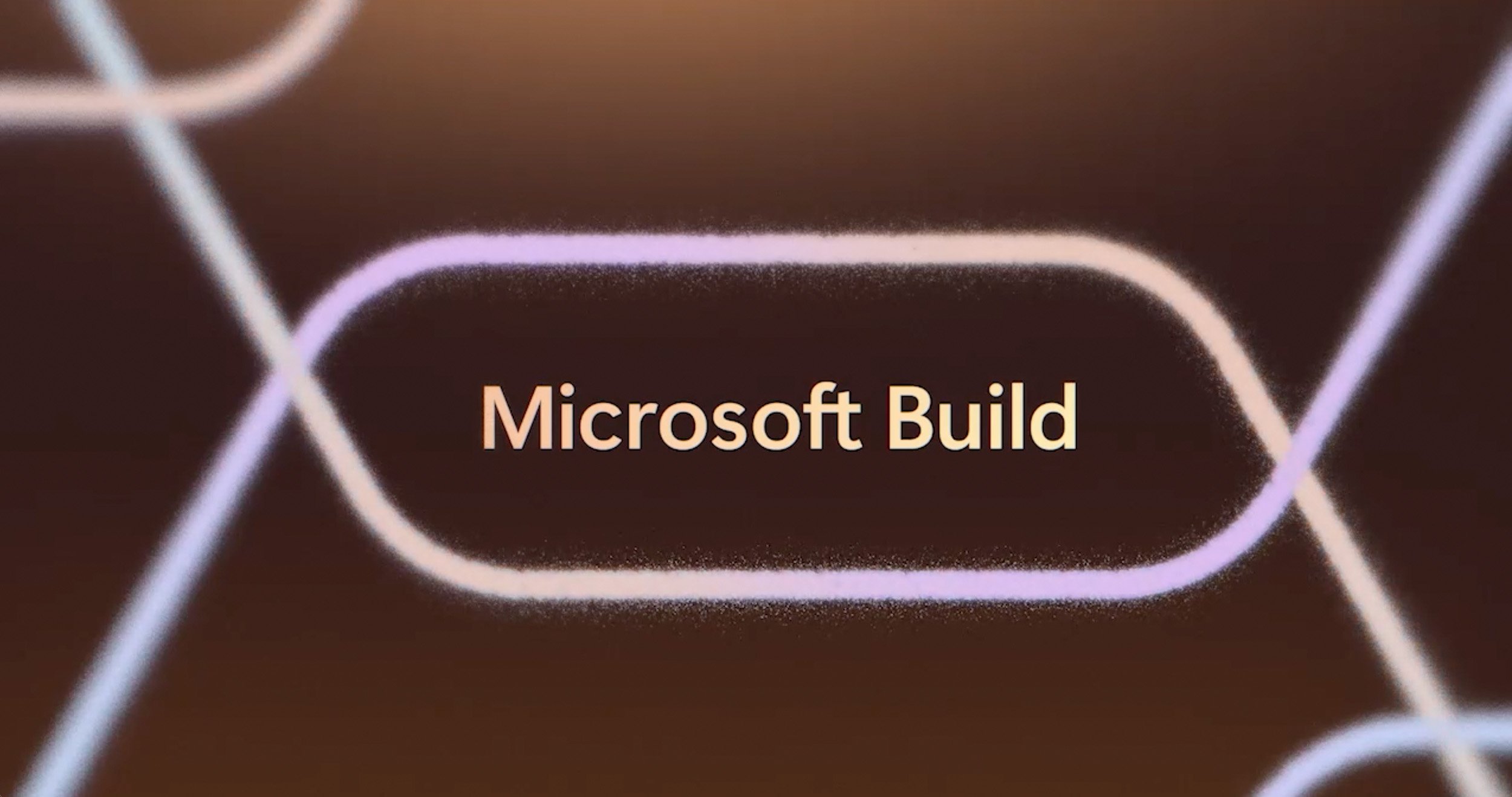AI Chatbot ‘PoBot’ Expands Legal Aid for Hong Kong Migrant Domestic Workers

Image Credit: Eduardo Soares | Splash
An artificial intelligence chatbot developed by Hong Kong-based non-governmental organization Migrasia is supporting the city’s migrant domestic workers, primarily from the Philippines and Indonesia, in resolving legal issues such as employment disputes and recruitment practices. The service, known as PoBot, was launched in 2024 with the support of law firm Linklaters Asia to address barriers in accessing legal aid for this community.
AI-Powered Assistance for Migrant Workers
PoBot is a generative AI chatbot offering legal guidance in English, Tagalog, and Bahasa Indonesia. The tool provides instant information on employer-employee disputes, recruitment agency conduct, and lending practices. Migrasia’s Chief Operating Officer, Paras Kalura, said the chatbot handled more than 1,800 user interactions by April 2025. PoBot is designed to manage straightforward queries and refers complex cases to human experts. It operates 24 hours a day, offering a faster alternative to traditional legal clinics, which rely on volunteer staff.
Legal and Financial Challenges
Migrant domestic workers in Hong Kong frequently encounter excessive recruitment fees and debt-related problems. According to a 2023 report from Migrasia, about one-third of surveyed Filipino workers had debts greater than their annual household income, and some reported being charged annualized interest rates as high as 300%. Hong Kong’s Trade Descriptions Ordinance prohibits false or misleading trade practices, and local regulations cap agency fees at 10% of a worker’s monthly salary after placement. PoBot offers guidance on these legal protections.
Addressing Exploitative Recruitment
Migrasia, established in 2018, focuses on combating forced labour and exploitation in Asia. The organization reports that it has recovered over HK$280 million (US$35.8 million) for migrant workers globally since its founding. Migrasia worked with Linklaters Asia to adapt PoBot for Hong Kong’s legal landscape, aiming to help workers better understand their rights and obligations. In 2024, the group submitted a report to authorities in Hong Kong, Poland, and the Philippines documenting illegal recruitment activities affecting workers seeking employment in Europe.
Increasing Accessibility and Efficiency
PoBot’s multilingual and 24/7 access is intended to overcome common barriers, such as language differences and limited availability of in-person legal aid. The tool provides information on verifying recruitment agencies through official channels such as the Hong Kong Labour Department and the Philippine Department of Migrant Workers. By automating responses to routine inquiries, PoBot allows Migrasia’s staff to focus resources on more complex cases, including instances of human trafficking.
Limitations and Data Privacy
PoBot is limited in its ability to address cases involving violence or emotional distress, which are referred to Migrasia’s human caseworkers. The effectiveness of PoBot depends on users’ access to digital devices and internet connectivity. Data privacy is governed by Hong Kong’s Personal Data (Privacy) Ordinance. Migrasia has stated it is committed to compliance with local privacy laws, although detailed public disclosures on PoBot’s security measures have not been provided.
Broader Trends and Regulatory Context
The use of AI chatbots for legal assistance is a growing trend internationally, with similar tools in use for immigration support in other jurisdictions. Hong Kong does not currently have a specific regulatory framework for AI technology, but services like PoBot operate within the city’s existing legal and data privacy laws. Migrasia has collaborated with organizations such as the Hong Kong Dignity Institute to deliver educational seminars on labour rights and forced labour issues.
Source: Migrasia
We are your source for AI news and insights. Join us as we explore the future of AI and its impact on humanity, offering thoughtful analysis and fostering community dialogue.






































